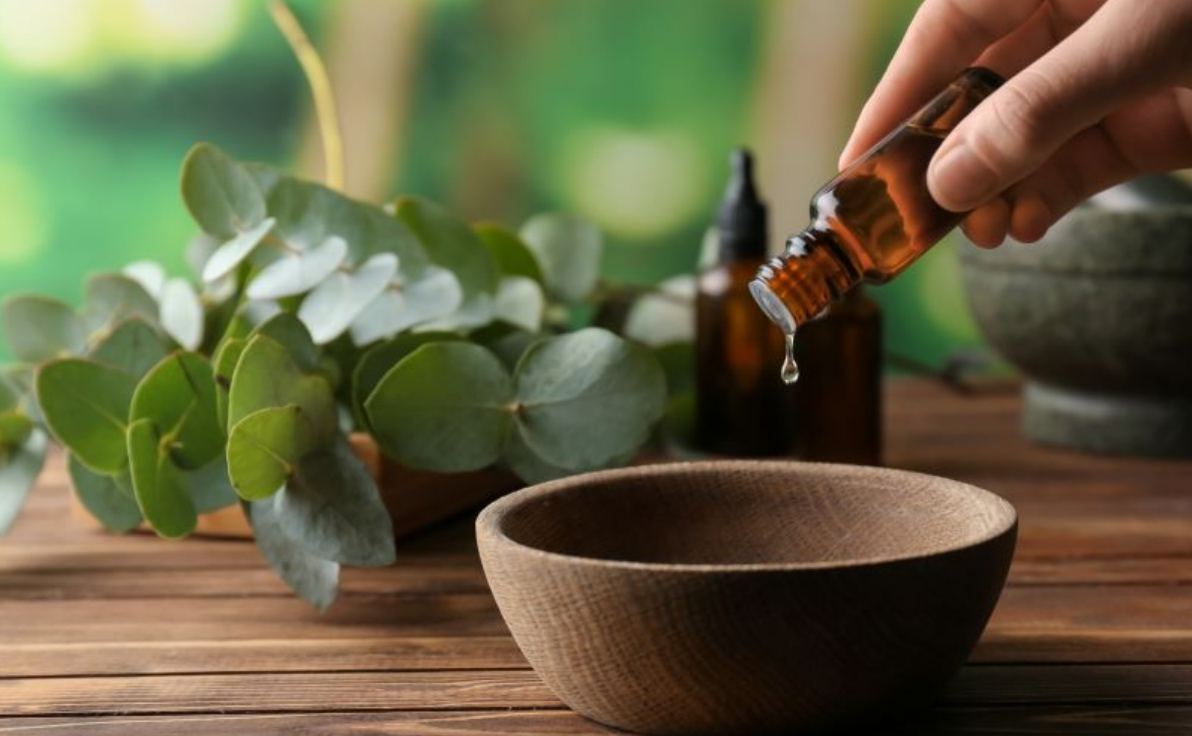Essential oils have been prized for centuries for their natural fragrance and therapeutic benefits. From lavender’s calming scent to eucalyptus’s respiratory relief, these aromatic extracts have found their way into our homes and lives. While essential oils offer numerous advantages, it’s essential to remember that they are potent substances that demand respect and caution in their usage.
Understanding Essential Oils
Before we dive into safety measures, let’s briefly understand what essential oils are. Essential oils are highly concentrated liquids derived from plants, capturing their aromatic compounds. They are typically extracted through methods like steam distillation or cold pressing. This concentration makes essential oils incredibly potent, and even a small amount can yield significant effects.
Dilution Is Key
One of the most crucial safety precautions when working with essential oils is dilution. Applying undiluted essential oils directly to the skin can lead to irritation, burns, or allergic reactions. To avoid these issues, always dilute essential oils with a carrier oil (such as jojoba, coconut, or almond oil) before applying them to your skin. A general guideline is to use about 2-5 drops of essential oil per 1 ounce (30 mL) of carrier oil, but this can vary depending on the oil and intended use. It’s essential to perform a patch test on a small area of skin before widespread use to ensure you don’t have an adverse reaction.
Perform a Patch Test
As mentioned, a patch test is a simple yet crucial step in essential oil safety. Apply the diluted essential oil mixture to a small area of your skin and wait 24 hours. If you experience any redness, itching, or irritation during this time, discontinue use of that particular oil.
Keep Essential Oils Out of Reach
If you have children or pets in your household, be sure to store Young Living Essential oils safely. Some essential oils can be toxic if ingested or applied improperly, so it’s essential to keep them out of reach. Additionally, childproof caps can help prevent accidental spillage or ingestion.
Avoid Contact with Eyes and Mucous Membranes
Never apply essential oils directly to your eyes, ears, nose, or other mucous membranes. If you accidentally get essential oil in your eyes, rinse them immediately with a carrier oil or milk to dilute the oil, and seek medical attention if irritation persists.
Use Caution During Pregnancy and with Certain Medical Conditions
If you’re pregnant or have specific medical conditions, consult a healthcare professional before using essential oils. Some oils can be contraindicated during pregnancy or may interact with medications.
Be Mindful of Photosensitivity
Certain essential oils, like citrus oils (e.g., lemon, lime, bergamot), can make your skin more sensitive to sunlight. If you’ve applied these oils topically, avoid direct sunlight or tanning beds for at least 12-24 hours to prevent sunburn.
Quality Matters
The quality of essential oils can vary significantly between brands. To ensure safety and effectiveness, choose high-quality, pure essential oils from reputable sources. Look for oils labeled as “100% pure” or “therapeutic grade.”
Start Slowly with Inhalation
Inhaling essential oils through diffusers or steam inhalation is generally safe, but it’s still crucial to start slowly, especially if you’re new to aromatherapy. Begin with a few drops and adjust based on your comfort level.
Research and Respect Each Oil’s Unique Properties
Every essential oil is unique, with its own set of properties and potential effects. Before using a specific essential oil, take the time to research its characteristics, potential contraindications, and recommended dilution ratios. Some oils may be more suitable for relaxation, while others may excel in addressing specific health concerns. By understanding each oil’s individuality, you can harness their benefits effectively and safely.
Safely Using Essential Oils
Incorporating essential oils into your daily life can be a delightful and beneficial experience. However, it’s paramount to remember that these concentrated plant extracts are powerful and should be handled with care. By following these essential safety precautions, you can fully enjoy the aromatic wonders of essential oils while safeguarding your health and well-being.
Whether you’re using essential oils for relaxation, skincare, or holistic healing, your safety should always be a top priority. Dilution, patch testing, proper storage, and mindful application are the pillars of responsible essential oil usage. With these precautions in place, you can bask in the soothing scents and therapeutic effects of essential oils, knowing that you’re taking the necessary steps to enjoy them safely.












